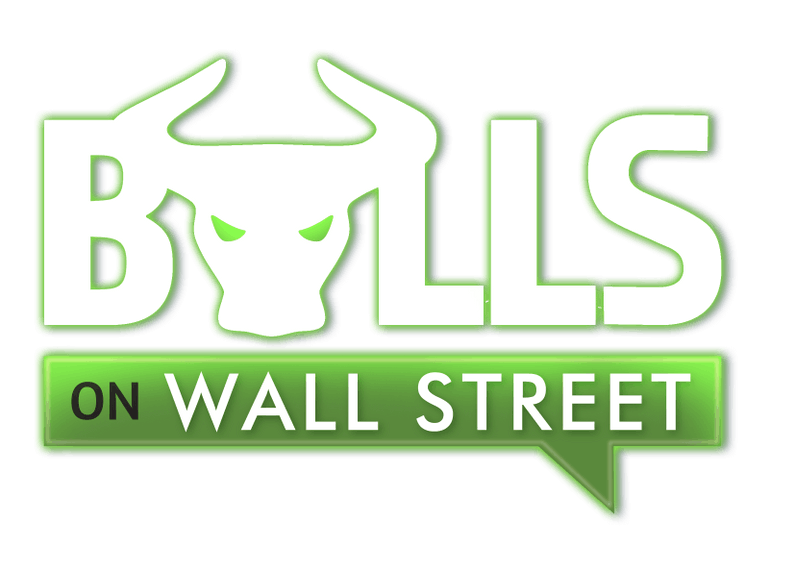
When CNBC pops up during your channel surf, drowning in hieroglyphic symbols and numbers that, allegedly, mean something to someone out there, it’s easy to understand why confusion about the stock market abounds. Inundated with raw data and financial jargon, it can be hard to make heads or tails of options, stocks, and margins. But the reality is, the stock market is actually a much simpler system, at its root, than common wisdom would suggest.
While it’s hard to know exactly what your questions are, we can certainly give you a foundation of knowledge from which to start. By understanding how the market works, and with a little explanation of the more technical terms, you’ll be able to read the financial news with a little more confidence. You probably won’t be captaining a financial brokerage by the end of this article, but at least you’ll have a map to navigate the turbulent waters.
The Basics
So let’s start with the easiest question: What on Earth is the stock market? What do all those ticker symbols mean and how do they affect me? Again, at its root, the stock market is actually a simpler system than it might seem.
The stock market is like Amazon. Amazon allows you to browse a catalog of products and make your purchase at a price, provided the item is in stock. In addition, Amazon’s marketplace allows you to list and sell your own products, provided you find a buyer. Essentially, all products sold and purchased on the stock exchange adhere to this concept.
So what are stocks? Stocks are a portion of a company. When a company wants to raise money, they offer these portions in exchange for cash in lieu of loans. Through this system, the company makes money, and the investors own a portion of a company, which may result in a net benefit for both parties in the future.
We’ll take a look at the potential benefits of a stock in a moment, but it’s important to clarify what “part ownership” entails. Companies that list shares for trade have a responsibility to their shareholders. Shareholders, in turn, can influence certain company decisions by voting. The number of votes each shareholder has depends upon the number of shares they hold. This way, individuals with a greater level of investment, or “ownership”, have a greater say in the direction of the company.
Trading
So how does the stock market affect you? Well, just like Amazon, you have the opportunity to purchase or sell stocks and earn money in the process. That’s not to say that everyone who trades on the stock market necessarily makes money, but the potential is there for savvy investors to profit handsomely from rising and falling prices of stocks.
So how do these traders make money? Through purchase and sale of large numbers of stocks based on sophisticated predictions about their movement. In the course of a day, a stock may increase or decrease in value manifold. Traders with analytical skills and tools can purchase these stocks in sufficient volume that their price shift turns into profit. Instead of playing the long-term angle of letting an investment grow, weathering its ups and downs to eventual benefit, stock trading involves trading within the day, giving rise to the name “day traders”.
In order to facilitate this process, day traders need a toolkit. The foundation of this toolkit is a stock trading platform. This software allows for the purchase and sale of stock, and monitoring of financial information on a near instantaneous basis. This fast-paced action requires a powerful computer, often with many monitors to keep tabs on news feeds and performance data. That data, referred to as “analytics”, represents the most important part of the day trader’s arsenal.
Analytics are statistics that help traders make decisions. These statistics are widely varied, and the specific use and meaning of each depends greatly on the specific situation, relying on trader instinct and experience to provide insight. In this way, day trading is largely a data driven endeavor that requires a sharp, quick, strategic mind, and a robust understanding of markets to see success.
Getting in on the Action
If this sounds like the opportunity for you, then you’ll need to take a care of a few things before you get started. The first step is to educate yourself. Online classes exist that can help acclimate you to the market before you find yourself over your head. In addition, this valuable insight can help keep your psyche on solid ground when the going gets tough.
Next, you’ll want to select an online brokerage to facilitate your trading. Oftentimes the best way to save money on trading commissions is by joining a hedge fund. Clique Fund LP in particular offers an attractive package in comparison to retail brokers and provides the tools necessary for new and experienced traders alike to keep pace in the fast-moving financial markets.
Finally, establish your setup to get things moving. Plan on purchasing or constructing a powerful computer with multiple monitors for tracking data. Equip yourself with a mobile phone for answering emails and consider a laptop or tablet to take advantage of mobility and applications that can run powerful calculations on the go. Between these solutions, the right brokerage, and a foundation of knowledge, you’ll be set to tackle the fast-paced world of day trading.
And that, in a nutshell, is the stock market. This knowledge may not make you Gordon Gecko by morning, but at least now the news will make more sense. The stock market is a real opportunity to create wealth and knowing the rules of the game puts you one step closer to that goal. Keep a level head, do your research, and, above all, be smart. With a little knowledge, you could find yourself digitally trading with Wall Street before you can say non-cumulative preferred shares.


